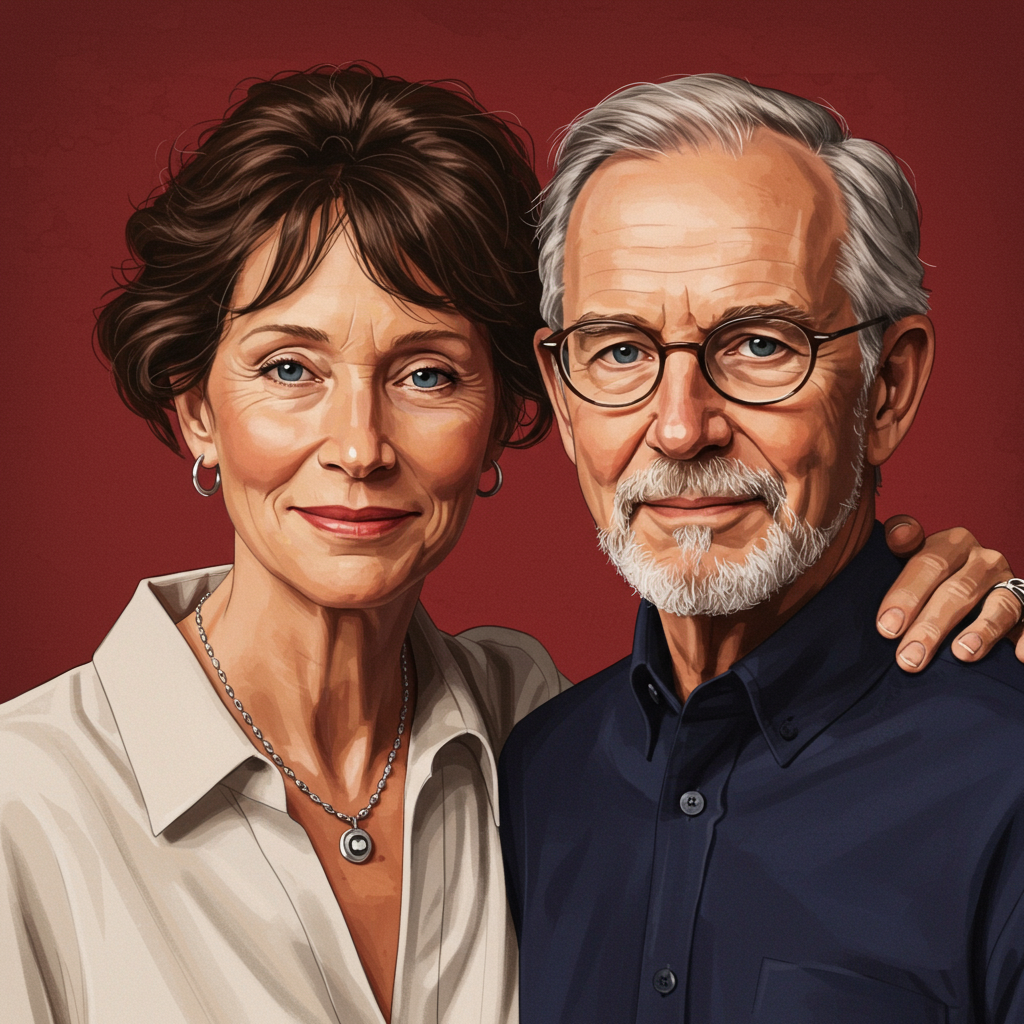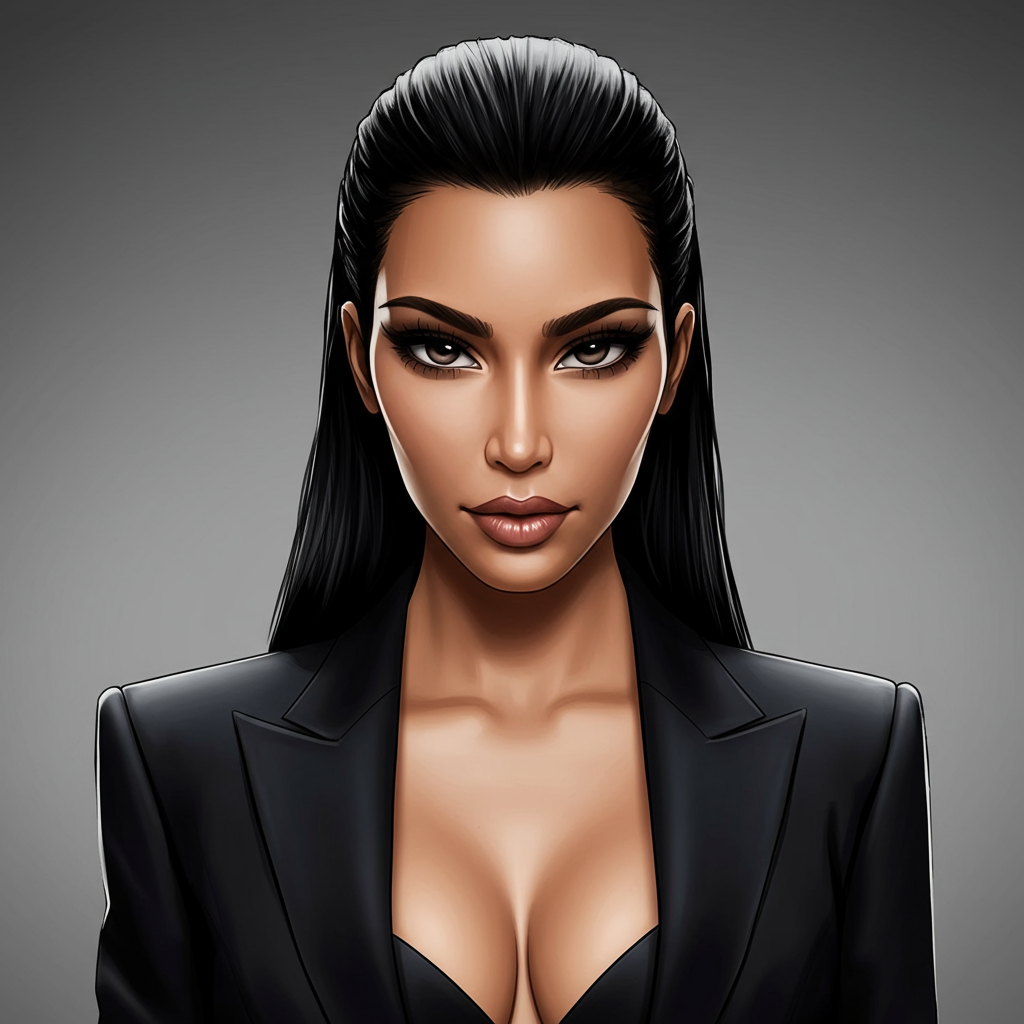Actress Robin Wright, known for her roles in Forrest Gump and House of Cards, is voicing strong concerns about the rapid advancement of artificial intelligence (AI) and its potential impact on jobs within the entertainment industry. While acknowledging AI’s potential benefits in fields like medicine, Wright sounded the alarm during a chat with Deadline, expressing her fear that “everywhere else, people are going to lose jobs.”
Wright’s perspective highlights a significant point of debate in Hollywood: how quickly AI is integrating into creative processes and what that means for human employment.
Will AI Replace Actors? Wright’s View
Despite her overall worry about job displacement, Wright holds a distinct belief when it comes to the acting profession itself. When asked if AI could take over acting roles, she confidently stated, “I don’t think it ever can.” Her reasoning centers on the unique, irreplaceable human element in performance.
“I don’t think it will ever get the emotion in the eyes,” Wright explained. “You’ll never feel the resonance coming from that actor.” She believes the depth and genuine human connection an actor brings are beyond AI’s capability.
AI’s Broad Impact on Hollywood Jobs
While Wright feels acting is safe from AI, a recent study surveying 300 entertainment industry leaders paints a stark picture of the technology’s broader impact on Hollywood jobs. The study found that three-fourths of respondents have already used AI tools to support job elimination, reduction, or consolidation within their companies. Projections estimate that nearly 204,000 positions could be adversely affected over the next three years.
Specific roles identified as highly vulnerable to displacement include:
Sound engineers and editors
Voice actors (especially with tools like TrueSnyc manipulating lip movements)
Concept artists and illustrators
Employees in entry-level positions
Workers in visual effects (VFX) and other postproduction areas
Tasks like creating realistic sound design, developing 3D assets, generating foreign-language dubbing, de-aging actors (potentially replacing hair/makeup or younger stand-ins), character design, and storyboarding are seen as particularly susceptible to AI automation. Conversely, the study suggested that writing film/TV/game scripts and performing music or vocals are tasks considered least likely to be affected, perhaps aligning partially with Wright’s view on the core act of performance.
Unions Push for AI Guardrails
The findings of this study are already being used by industry unions, such as the Animation Guild, in contract negotiations. Unions are pushing for guardrails similar to those secured by the Writers Guild of America (WGA) during recent strikes, aiming to protect human jurisdiction over creative tasks and prevent mandatory AI usage that displaces workers. Concerns from artists are mounting, with some concept artists reporting lost work or being asked to “fix” AI-generated designs, drastically reducing their billed hours and available jobs.
Beyond AI: The Fight for Equal Pay
In a separate discussion at the Monte-Carlo TV Festival, Wright also reflected on another challenge she faced in the industry: the fight for equal pay. She recounted a conversation with executives regarding her salary on the hit Netflix series The House of Cards*.
Wright explained that when pushing for the same pay as her male co-star, executives initially resisted, proposing an alternative. “They literally said: ‘Well, we can’t pay you the same as an actor, so we’re going to divvy it up to make it equal [and] make you executive producer… And then you can direct, and then we’ll give you three different paychecks.’”
When Wright pressed why she couldn’t simply be paid the same as an actor for her performance, she was told, “Because you didn’t win an Academy Award.” Her experience highlights the systemic hurdles actors, particularly women, have faced in achieving equitable compensation, adding another layer to the complexities of working in Hollywood, alongside the emerging threat of technological displacement.
As AI continues to evolve and integrate, the industry faces critical questions about job security, the value of human creativity, and the need for protections for its workforce.



